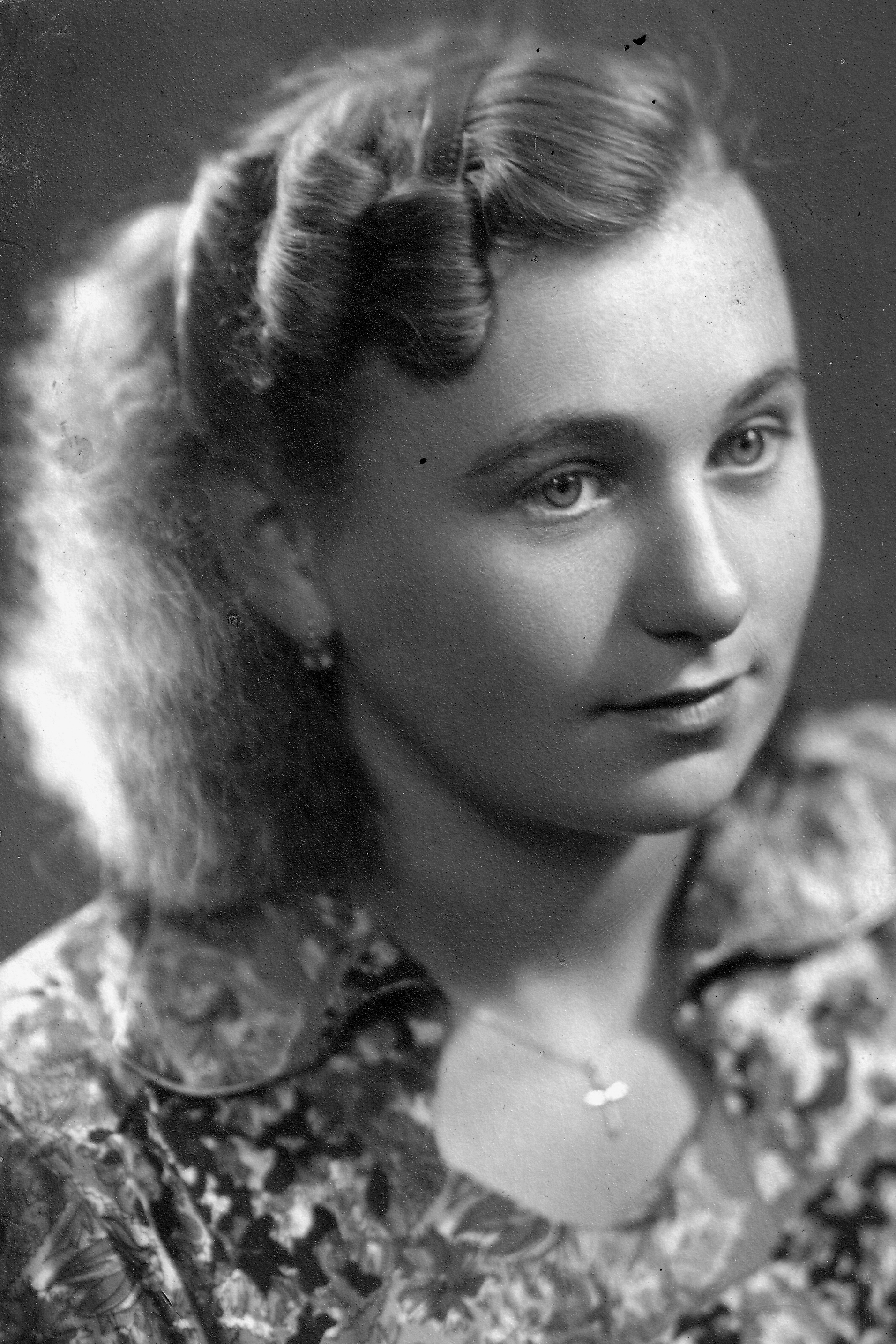In 1938 we rejoiced to be Germans, then we suffered and struggled

Stáhnout obrázek
Anežka Večerková, maiden name Irziková, was born on 25 March 1932 in Kravaře in the Hlučín region. Her parents were of German nationality. Her father worked as a bricklayer in Germany from the mid-1930s. He was a member of the Nazi National Socialist German Workers‘ Party (NSDAP). In October 1938, Anežka Večerková and her family welcomed the annexation of Hlučín to the German Reich. Her father had to enlist in the Wehrmacht in 1941. He returned from captivity in the autumn of 1945. She was a witness to the heavy fighting of the Ostrava-Opava operation in the Hlučín region. In the spring of 1945, she went to a Czech school for the first time after the war and began to learn Czech at 13. She married a former Wehrmacht soldier, Max Večerek from Kravaře, and had two children with him. For most of her life, she worked in the Moravian-Silesian armature factory in Dolní Benešov. In 2023, she lived in Kravaře.











